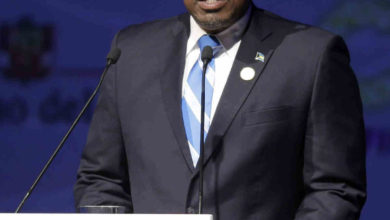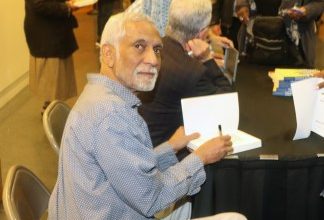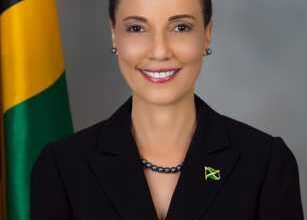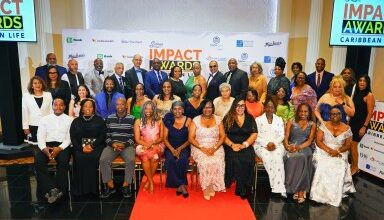CARICOM COVID SUMMIT
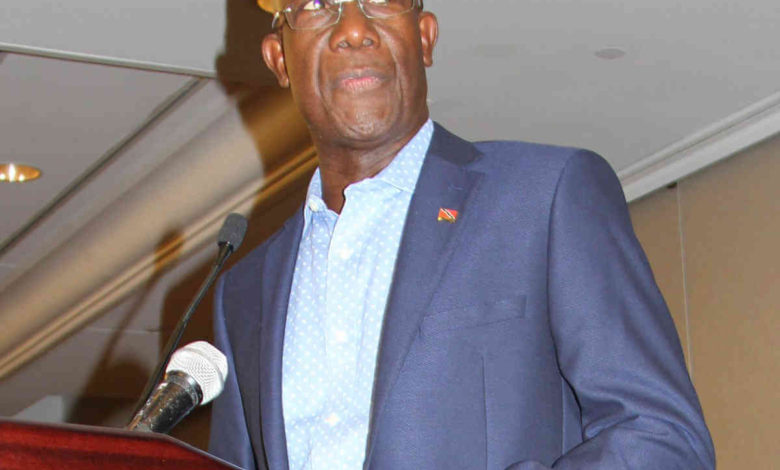
Caribbean Community leaders are preparing for their main annual summit early next month and officials say there is little doubt that a significant portion of their time would be consumed discussing the Covid-19 pandemic, its withering effects on economies, the struggle to acquire enough vaccines to achieve herd immunity in the bloc.
Like most major meetings at all levels since the start of the pandemic 16 months ago, the conference will be held virtually with Prime Minister Keith Rowley of Trinidad handing over to Gaston Browne of Antigua for the remainder of this year.
The two-day meeting from July 5 is being planned just as the Group of Seven of the world’s wealthiest nations announced plans this week to make up to one billion doses of vaccines to Third World countries, many of which are struggling to acquire enough to vaccinate citizens and build herd resilience.
Haiti, Trinidad, Suriname and Jamaica are among regional countries which have struggled to acquire sufficient doses for mass vaccination exercises.
In Trinidad, an under pressure Prime Minister Keith Rowley was Sunday forced to apologize for an embarrassing episode last week when thousands of persons were turned away from immunization centers because there was not enough doses to go around. Some had lined up as early as daybreak only to be told stocks had run out.
The long lines have since eased even as Minister of Finance, Colm Imbert announced on Tuesday the arrival of 200,000 doses of China’s Sinopharm vaccines to go with 100,000 doses China had donated to the twin island with Tobago recently.
Several highly desperate regional leaders, PM Browne among them, had formally reached out to British Prime Minister Boris Johnson and US President Joe Biden asking them directly for donations or to be allowed to purchase large enough doses to immunize their populations and to ensure some are available for visitors. Browne is expected to use his increased clout as chair to lobby the west for additional amounts in the coming months.
Herd immunity, the scientific and political communities argue, would allow for an almost full resumption of economic and social activities, tourism especially if this is achieved.
As the week began, authorities in St. Kitts declared a state of emergency in the wake of a spike in positive cases with 180 active cases but no deaths. Officials say they are taking no chances as indications are the current hike in numbers is linked to community spread. Restrictions will last until the first week in July.
Cases have also spiked in Trinidad, Guyana, Suriname and Haiti pushing authorities to tighten up on social activities, enforcing lockdowns and night time curfews among other issues.
Rowley was quoted by the Express Newspaper as saying that he was the one to blame for last week’s foul up as government had put out a mass appeal to the public to line up for jabs. In the end, too many locals showed up for too few vaccines.
“That experiment of trying to do too much with too little could only have failed and it has failed, and we acknowledge that and I as Prime minister unreservedly apologize to those who thought to work within that program and did in fact experience what was the bad day of Wednesday. I take responsibility for that because it is a government decision. I am head of the government.”
Air travel to some countries such as Trinidad and Suriname have been severely restricted. Lockdowns in tourist providing countries like Canada and the United Kingdom have meant that carriers including British Airways, Virgin Atlantic and Air Canada have drastically cut operations to the region, starving the sector of finance.
And since last year, cruise ships have parked or home berthed most of their empty vessels in the region as fears of Covid spikes on vessels have traumatized travelers.
Just last week, efforts to restart regular cruise tours suffered a blow when two passengers on Royal Caribbean Celebrity Millennium to the region tested positive for the virus even after tendering negative certificates. It is unclear what new protocols would be put in place as most of the major liners have been preparing for a July resumption of service. Their ships have been largely idle for more than a year.
As the leaders prepare to meet, Suriname appears to be in the throes of a battle to contain the spread.
A total of 116 people have died in the first 16 days of June, giving the country a grand total of just over 400. The country is in a full lockdown, with borders to all its neighbors shut down.

